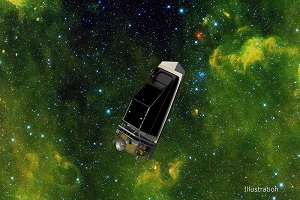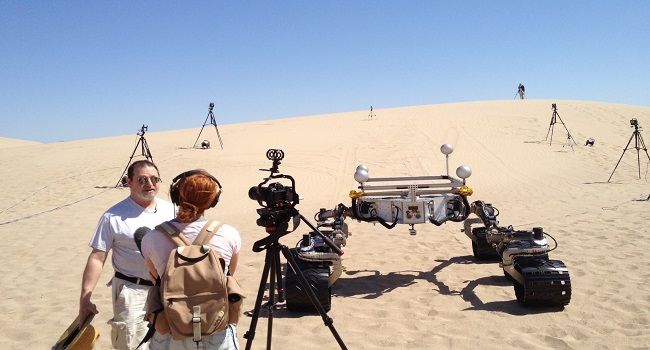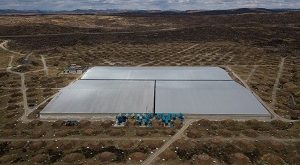China seeks to establish space alliances with Gulf countries
Now China wants to strengthen its partnerships with new space powers like Saudi Arabia and the United Arab Emirates. Chinese seeks to establish space alliances with Gulf countries.
During the inaugural Chinese Coordination Commission (GCC) Summit in Jeddah earlier this month. One of those areas was space.
The text of Chinese President Xi Jinping’s keynote speech at the summit on December 9 states that China “stands ready to engage with GCC nations on remote sensing and communications satellite, capacity planning, aerospace infrastructure, and the training and selection of astronauts.”
Saudi Arabia, the United Arab Emirates, Bahrain, Kuwait, Oman, and Qatar make up the GCC intergovernmental organization. A combined China-GCC hub for lunar as well as deep space travel is being considered, the statement stated.

Although the language suggests a vast scope and ambition, there is yet no evidence of a promise it terms of finance or practicality; rather, it just represents an early statement of interest in creating collaboration in these areas. Now the China seeks to establish space alliances with Gulf countries.
The speech demonstrates how China’s Encounter any issues space station, which start operating last month with the transfer of its first crew, would be utilize to collaborate with other nations.
China has regularly said that it is willing to train astronauts from other nations and has solicited interest from other countries for astronauts traveling to Tiangong.
Chinese international astronaut cooperation’s operational details, such as how any necessary language training would be handle. In 2003, China conducted its first manned flight, and in early December, it conducted its tenth, the six-month Shenzhou-15 mission.
China is thinking about extending the multiple Tiangong station, according to a recent statement from a CAST official. As a result, there would be more space available for housing astronauts. A new gen crew spaceship being develop by CAST will have the capacity to send up to six humans into low Earth orbit. But the China seeks to establish space alliances with Gulf countries.
China is also looking for partners in the field of lunar exploration, notably for its plan to establish a global lunar research facility (ILRS). Notably, out of the six GCC nations, the UAE, Saudi Arabia, and Bahrain have already ratified the Artemis Accords, which are sponsor by the United States.
Origin Space, a Chengdu company that uses space resources, stated it will open a subsidiary, a research and development center, and an exhibition as a more tangible follow-up to the summit.
With offices currently in Singapore and Luxembourg, Origin Aerospace has its eyes set on mining asteroids.

Gulf space activities has significantly grown in recent years. The UAE has launch its own spacecraft to Mars and also the moon, is rumor to be considering making a contribution to NASA’s Lunar Gateway in the form of an airlock module, and is preparing to send an astronaut on a long deployment to the Space Station thanks to a partnership with Axiom Space.
On the Ax-2 mission, two Saudi Arabian scientists will go to the ISS no early than the spring of 2023. Launched with a relay satellite for the Chang’e-4 lunar far side landing, the Longjiang-2 (DSLWP-B) lunar satellite carried a tiny camera from the King Abdulaziz Science City & Technology (KACST).
Through a collaboration mechanism set up by China’s space flight agency and the U.n Institute for Outer Space Affairs, Saudi Arabia also will send a research to Tiangong (UNOOSA). In the experiment, the impact of cosmic radiation on the efficiency of high-efficiency solar cells will be investigated. In 2018, a Death March 2D rocket launched the Saudisat 5A & 5B satellites into orbit.
October, the UAE and China came to an agreement for the Rashid II rover to launch alongside the Chang’e-7 lunar south pole landing craft.



One comment
Pingback: Twitter will increase its political advertising - Kissasian